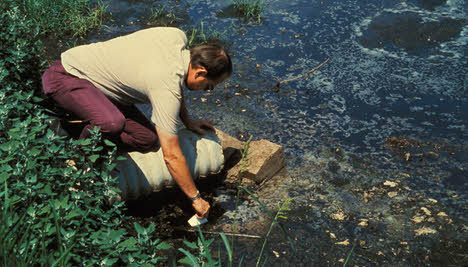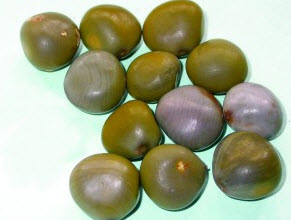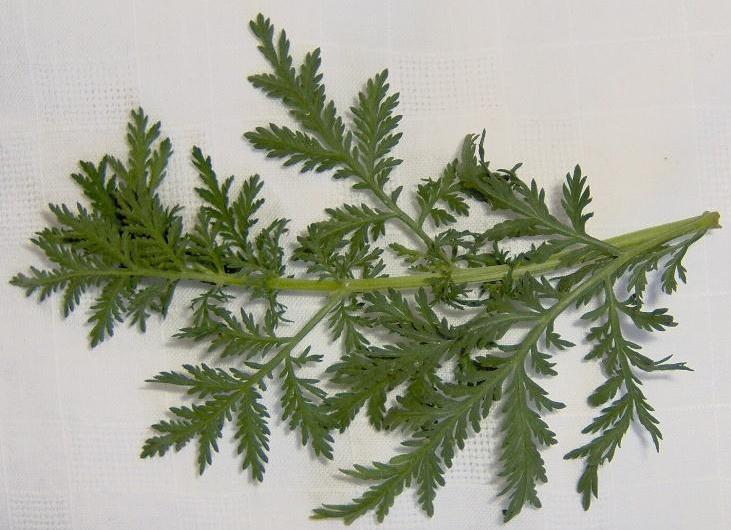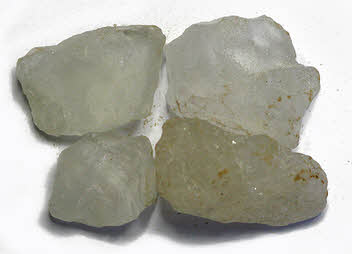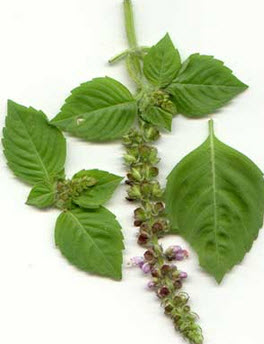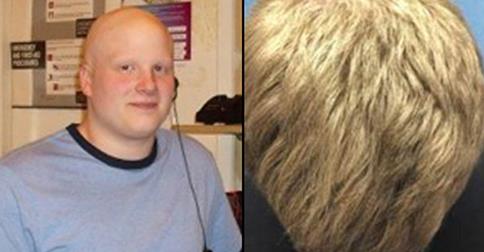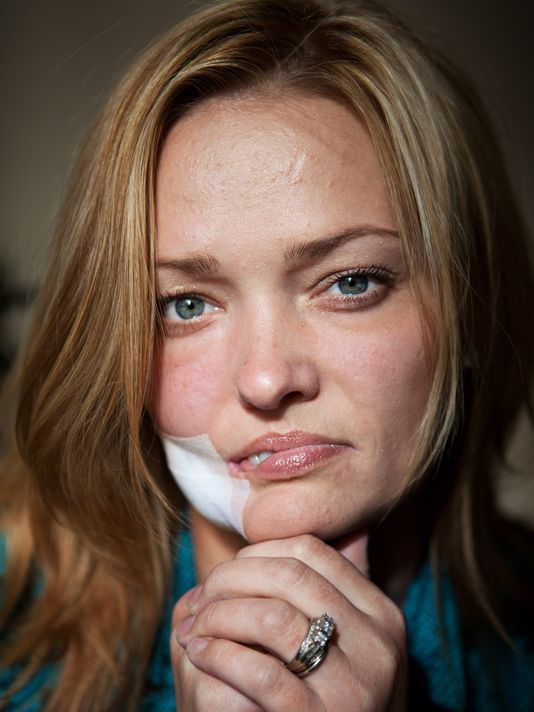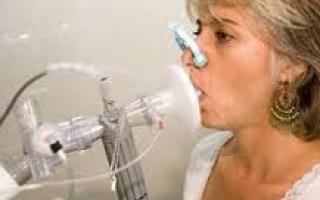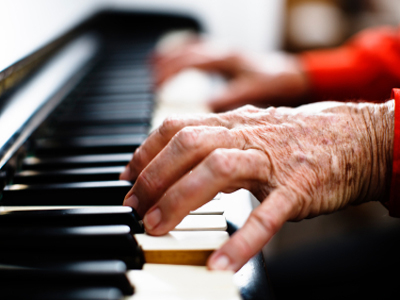
With help from her adoring father, a 12-year-old girl with a rare genetic disease is dancing her way through pageants, winning trophies and stealing hearts.
A video that’s going viral shows McKenzie Carey being wheeled onstage by her father at a local pageant held earlier this month. Dad Mike Carey lifts his daughter into his arms and twirls, carries and dips her to the music before ending the dance with a beaming smile and cheers of support from the audience.
“Dancing with daddy makes her feel like she’s on top of the world,” Carey, of Dallas, Georgia, tells TODAY Parents. We’re pretty sure the feeling is mutual.
This isn’t the first time McKenzie has wowed the crowd. She has competed in over 100 pageants and has performed the two-step, hip hop, the waltz and several other dances with her dad (who, while an enthusiastic partner, is clearly not a trained dancer).
McKenzie is living with mitochondrial disease, which deprives her body of energy. In the US, approximately 1,000 to 3,000 children per year are born with a mitochondrial disease, according to the United Mitochondrial Disease Foundation. The disease confines McKenzie mainly to her wheelchair and limits her verbal communication to just a few words.
“Pageants give her the same opportunity as other children and show people that she can accomplish anything with a little bit of help,” says her mom, Tammy. “I just want the judges to look at her, not her wheelchair.”
Mitochrondrial disease is classified as terminal, and most children diagnosed do not survive past their teen years. “We were told it would be a miracle if McKenzie made it to age 5,” Tammy says.

Her father says her personality shines through everything McKenzie does: “She’s like a puppy dog that doesn’t say a word but always has their tail wagging. There’s no way you can be unhappy around her.”
Mike Carey spends the bulk of his days as a truck driver, supporting McKenzie and her siblings. His wife, Tammy, is a stay-at-home mom who has always had an affinity for pageants.
“She can’t take gymnastics or dance, but pageants are something she can do,” explains Tammy.
When McKenzie gets dressed up in her pageant finery and sees herself in front of a mirror, “she has the biggest smile on her face and claps her hands, which is what she does when she’s really excited,” Tammy adds. “That’s how we can tell she enjoys it and has fun, and dancing with daddy is just the icing on the cake.”
Mike always supported the pageant hobby, but never imagined he’d one day be performing alongside his daughter. At one memorable pageant in 2010, Mike noticed that his wife was particularly anxious while waiting for McKenzie’s turn onstage.
“My wife was sitting in the audience and was so stressed about McKenzie, so I decided to do something a little crazy.” remembers Mike. “I took McKenzie up on stage and did a wheelie with her wheelchair. Then I spun her around, picked her up and started doing a freestyle dance. The crowd went wild and gave us a standing ovation!”
McKenzie took home every award from that competition, and has been on a roll since, winning almost 20 competitions overall.
“Her room is full of trophies,” laughs Tammy. “I told my husband to put up more shelves because we’re out of room!”
When he’s not on the road, McKenzie and her dad practice their routines at home. “We rehearse with McKenzie out of the wheelchair and go through the motions. But she is getting so heavy and I am getting so old, that holding a sixty pound girl for four minutes kills me! You’ll see me smiling on stage but I’m crying on the inside!” Carey jokes.
The Careys say that they compete in pageants to raise money for the extensive treatments needed to help McKenzie with her disease. But mainly, they’re hoping to inspire people and to show what people with disabilities can do.
“Sometimes we’ll walk into a pageant and people will ask why we’re there,” says Mike. “Then we dance, and they say we’ve inspired them and given them a whole new perspective on life.”
McKenzie is scheduled to compete in three more pageants this summer.
“I never thought my life would turn out the way it is now, it’s just so unbelievable,” shares Mike. “I always tell people not to be sorry for us. McKenzie was put on this earth for a purpose. I believe she is an angel and I’m just her spokesperson, I’m just her arms and legs.”
Source: today



